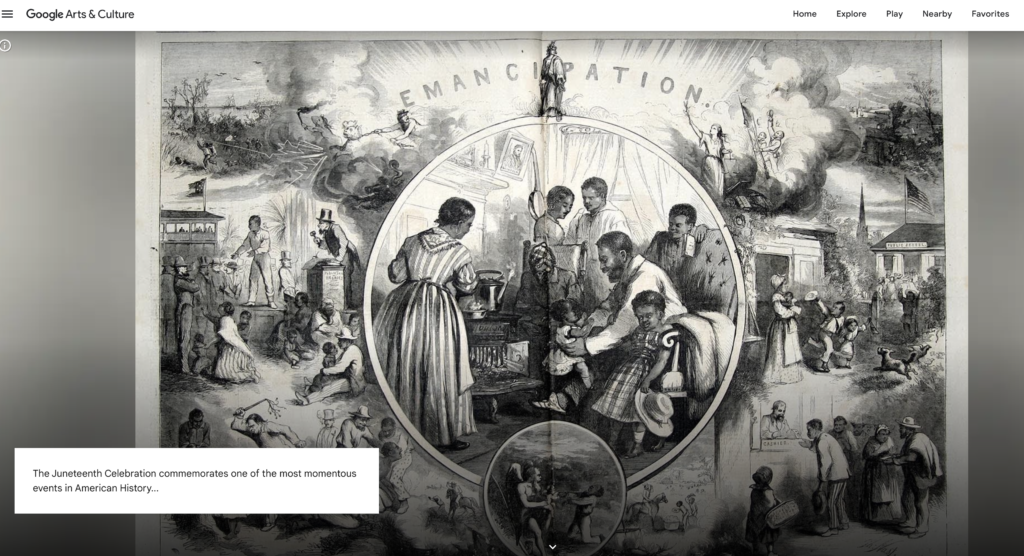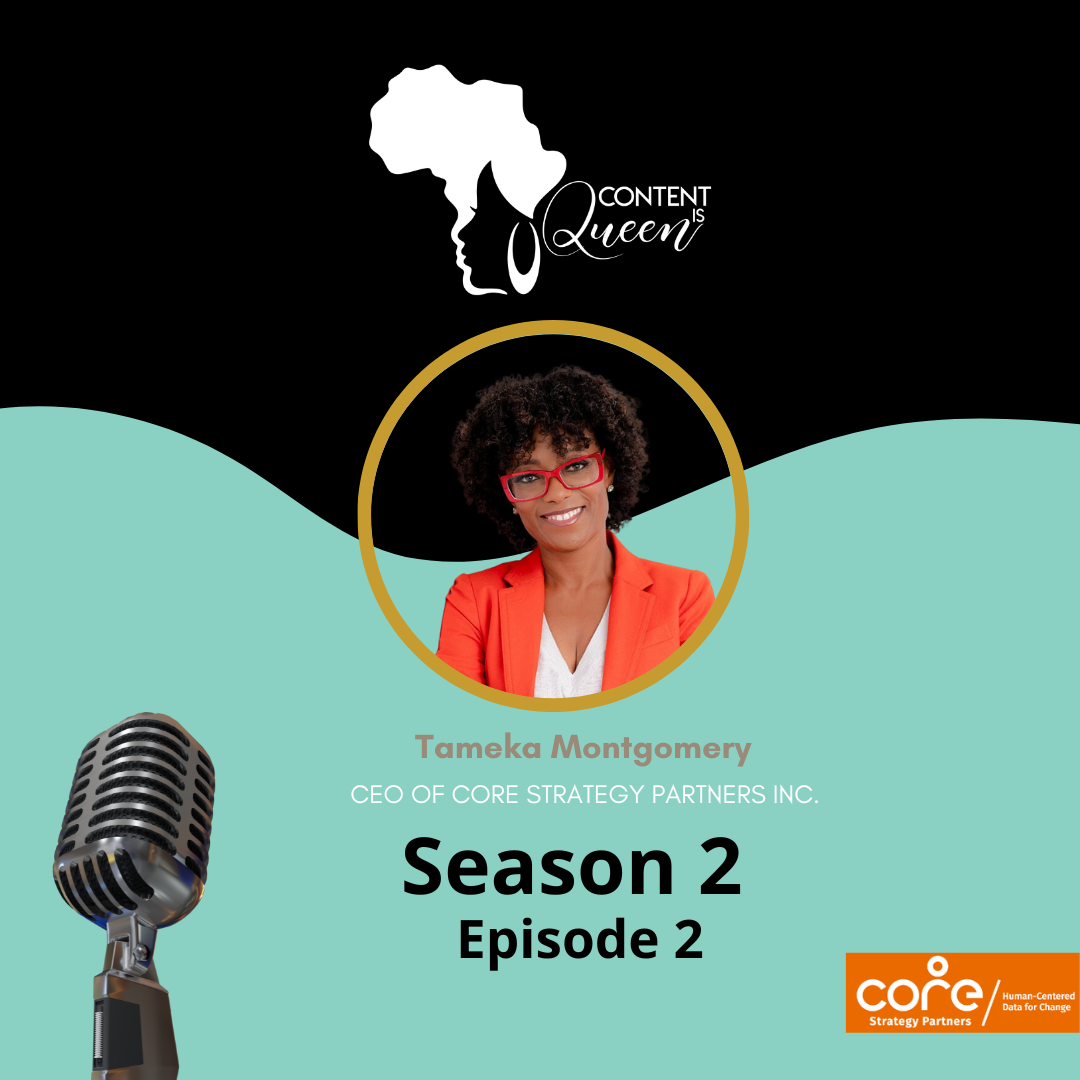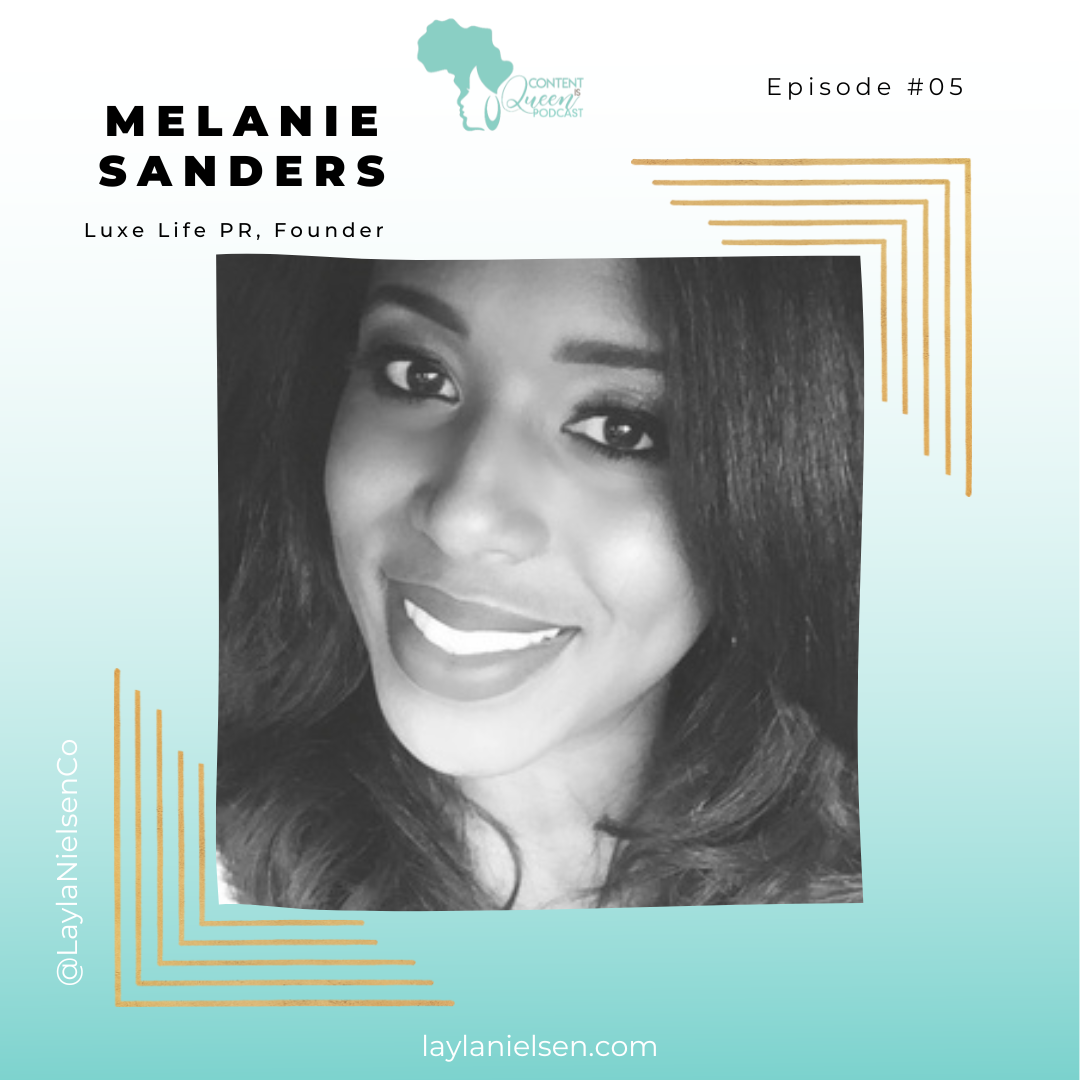Understanding Juneteenth: A Brief History and Significance
Juneteenth, also known as Freedom Day, is an annual celebration on June 19th commemorating enslaved African Americans’ emancipation in the United States. On this day in 1865, Union General Gordon Granger arrived in Galveston, Texas, and announced that all enslaved people were free, marking the end of slavery in the U.S. Although the Emancipation Proclamation had been signed two years earlier, it took time for the news to reach every corner of the country.
This historic event has evolved into a day of reflection, education, and appreciation for the resilience and contributions of Black Americans. Traditional celebrations include parades, cookouts, music, and storytelling, all of which serve as powerful reminders of the ongoing struggle for racial equality and social justice.
The Importance of Authenticity in Brand Messaging
1. Leverage Content to Educate and Start Meaningful Conversations
Brands can utilize various content platforms, such as blogs, podcasts, or YouTube channels, to educate audiences about the history and significance of Juneteenth. By partnering with Black creators and historians, brands can ensure that they provide accurate and culturally sensitive information.
For example, Google’s Arts & Culture platform has curated a comprehensive online exhibit titled “The Historical Legacy of Juneteenth,” which explores the holiday’s origins, traditions, and contemporary relevance through art, photography, and historical documents.
2. Utilize Social Media to Amplify Black Voices and Share Resources
Social media offers a powerful tool for brands to amplify Black voices and share resources that educate and inspire. Brands can use their platforms to highlight Black-owned businesses, creators, and influencers and share educational materials and fundraising initiatives for organizations that promote racial equity.
In 2020, Ben & Jerry’s used their social media presence to share educational resources about Juneteenth and encouraged followers to support the Movement for Black Lives. This approach raised awareness and demonstrated the company’s commitment to social justice.
3. Engage in Digital Marketing with a Focus on Empathy and Listening
Digital marketing allows brands to connect with their audience in a more personal and empathetic way. By using targeted messaging and engaging visuals, brands can foster meaningful conversations around Juneteenth and its significance.
For instance, Spotify created a special “Black History Is Now” hub in honor of Juneteenth, featuring playlists, podcasts, and other content that celebrated Black culture and highlighted the importance of the holiday. This initiative allowed users to immerse themselves in the rich history and contributions of Black Americans while also promoting understanding and empathy.
Avoiding Commercialization and Focusing on Acknowledgment
While brands need to recognize and celebrate Juneteenth, it’s crucial to avoid commercializing the holiday or exploiting it for financial gain. Instead, brands should focus on acknowledging the struggles and achievements of Black Americans, listening to their voices, and supporting initiatives that promote racial equity and social justice.


‘People were very offended:’ ‘Tone deaf’ corporations facing backlash for Juneteenth-themed products – CNN
Embracing Difficult Conversations on Systemic Racism and Social Justice
Brands have the power to drive change and create lasting impact. By embracing difficult conversations around systemic racism and social justice, they can help break down barriers and foster understanding among their customers. In celebrating Juneteenth authentically and sensitively, brands can contribute to a more inclusive and equitable society for all. – Layla E. Nielsen
















